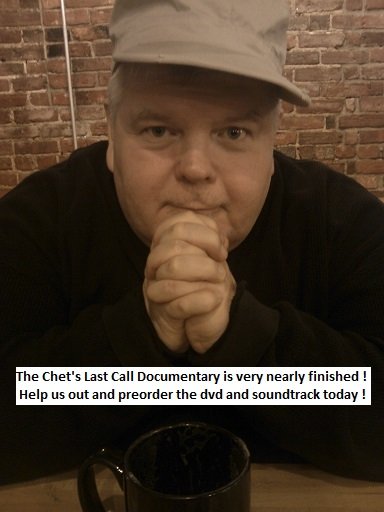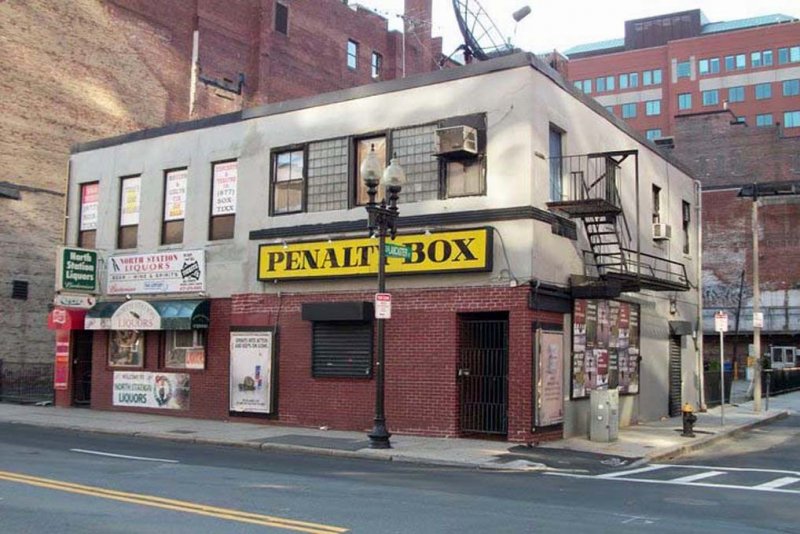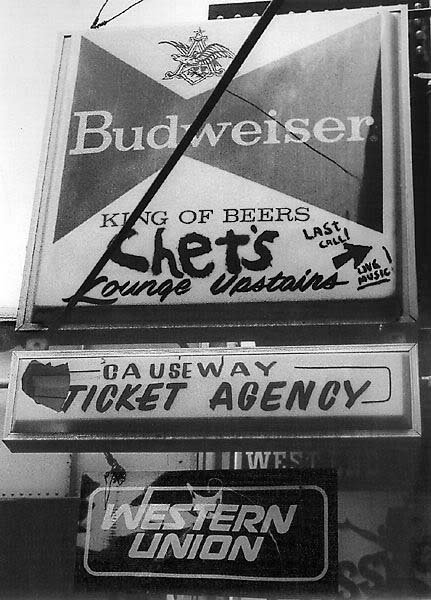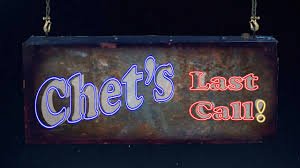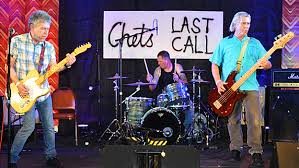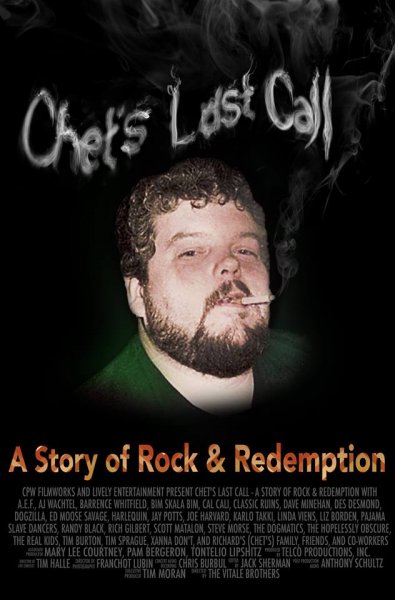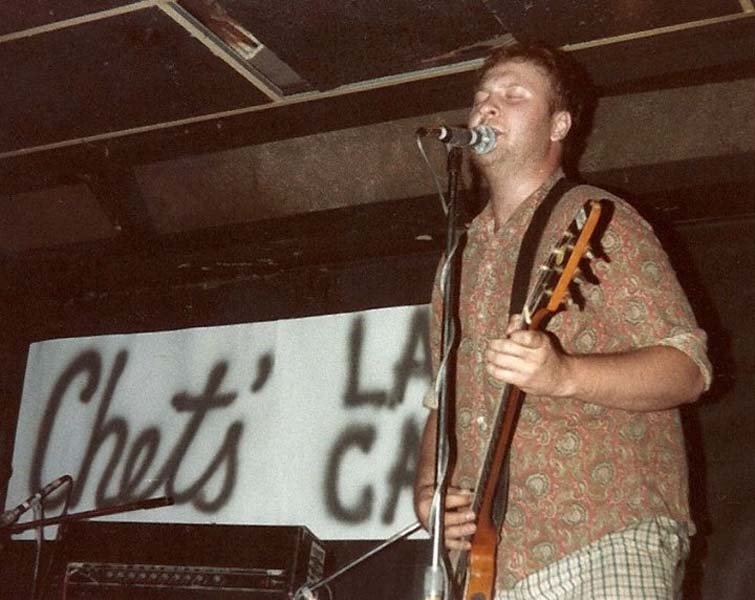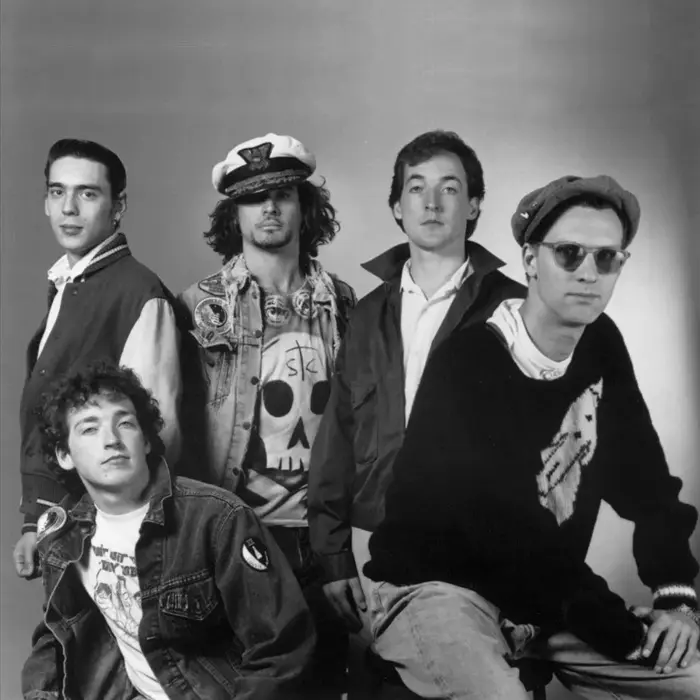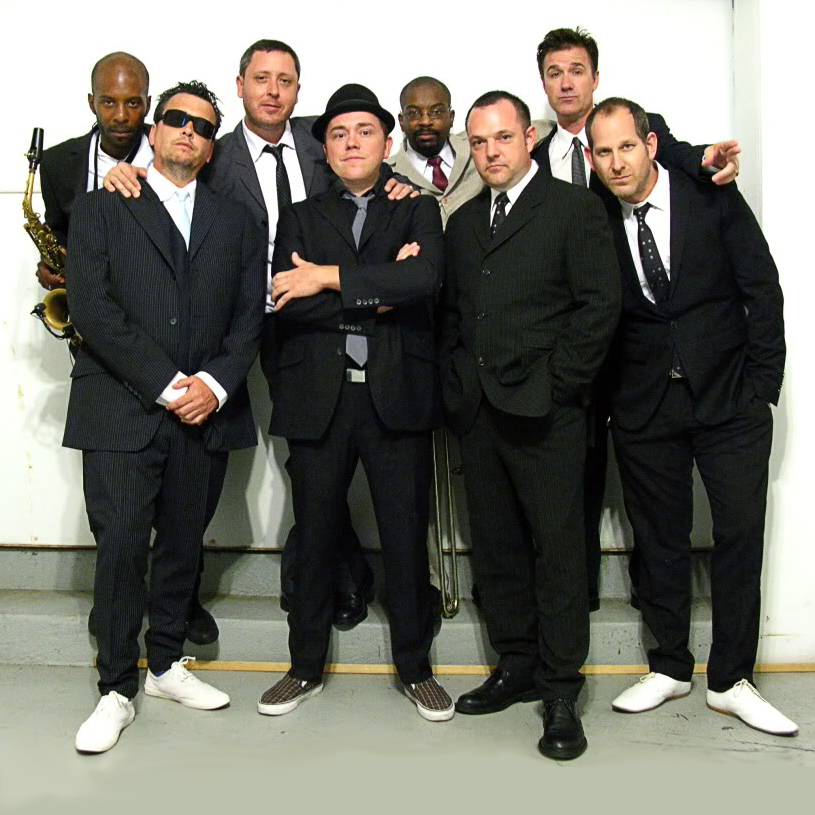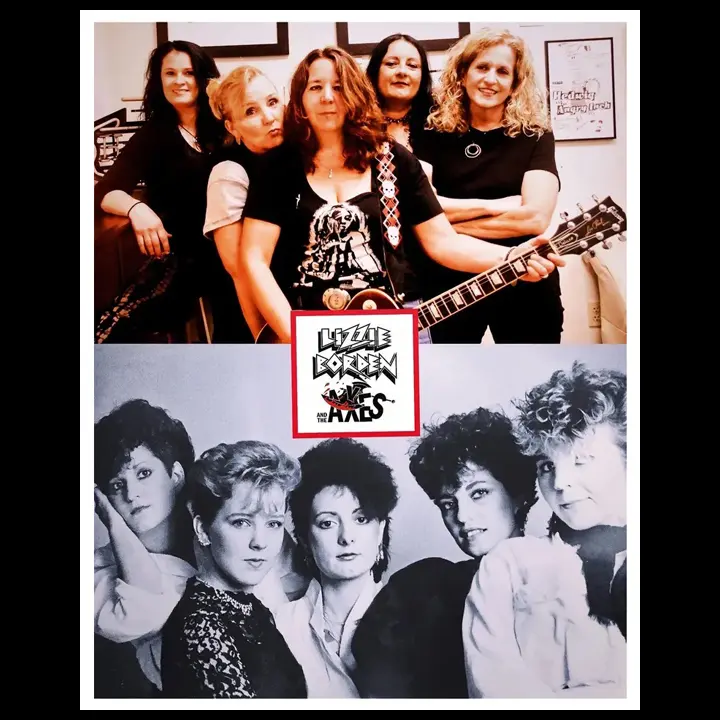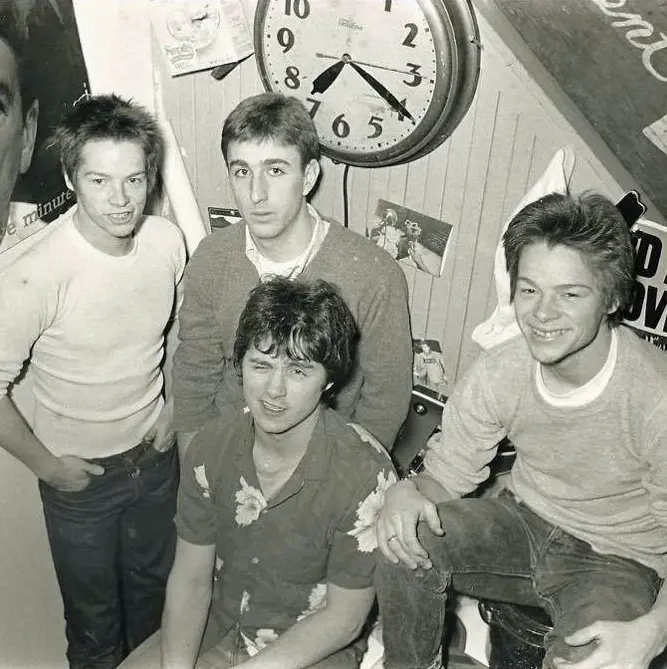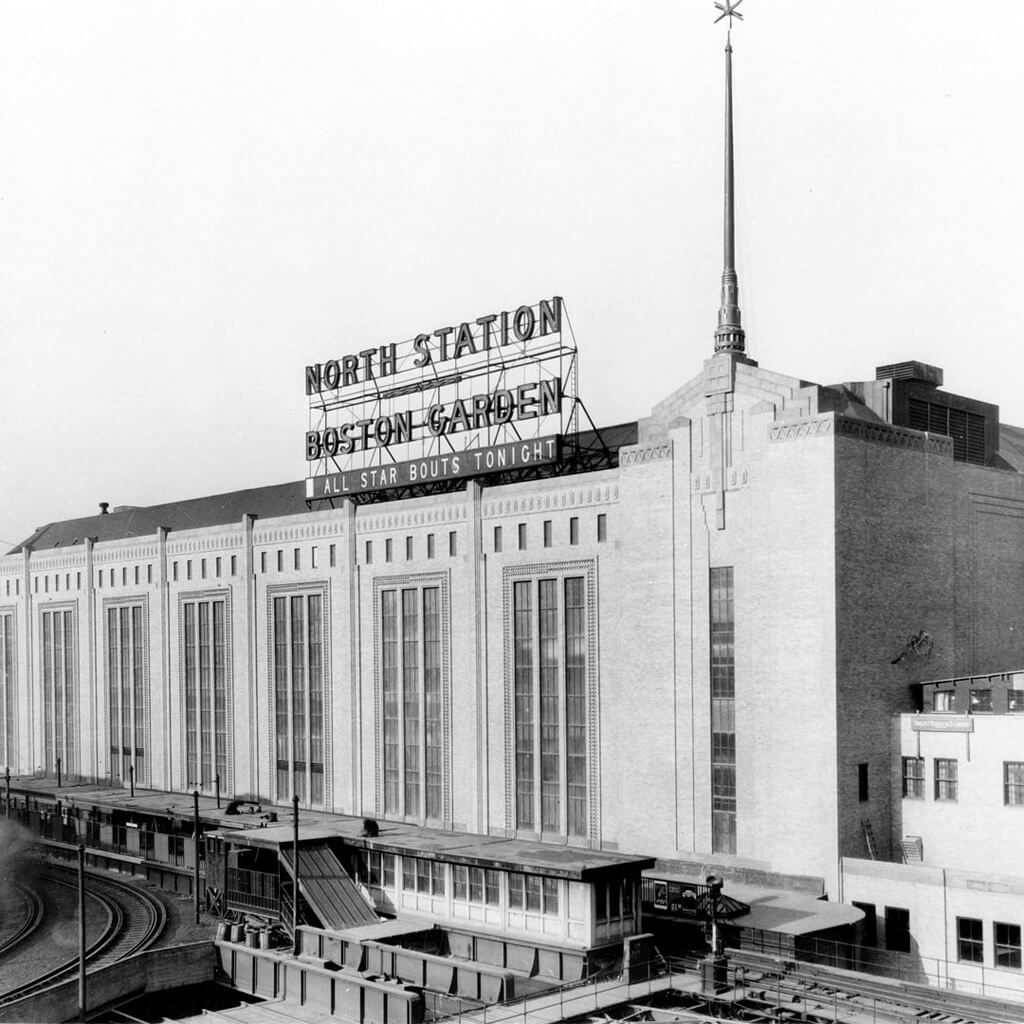Chet’s Last Call
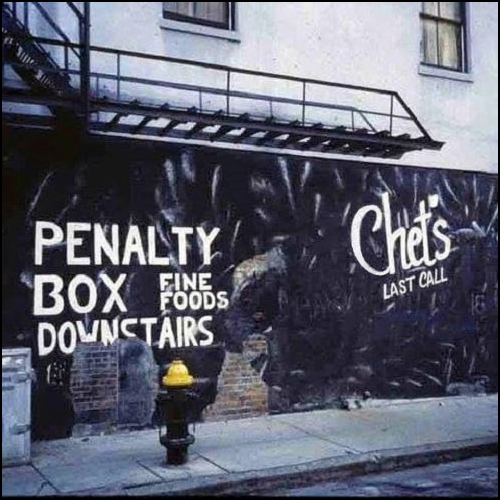
Back in the 1980s, most people didn’t visit Boston’s West End unless they were attending a game or a concert at Boston Garden. With the Green Line T running over Causeway Street and the dark vibe it cast beneath, the area wasn’t exactly a tourist trap in those days. Most former residents had long been run out of the neighborhood and the residences replaced with seedy theatres and dive bars.
And among all the “dirty old Boston” qualities of the old West End there stood an important club that supported local bands and the gritty Boston music scene of the day; the unforgettable Chet’s Last Call.
OWNERSHIP, INTERIOR, NOTABLE APPEARANCES, SCHEDULE
Located across the street from the Garden on the corner of Causeway and Lancaster Streets, Chet’s was on the second floor up a narrow stairway above the old Penalty Box bar. Owned and operated by Richard “Chet” Rooney, Chet’s was not built for anything but live music. The interior was a special shade of orange and the walls were still mirrored from days gone by when it was a strip joint, then a disco.
That said, no one went to Chet’s for anything but to see and hear live local music from bands hungry to make the scene. There were clubs all over town, but what seemed to separate Chet’s was the sense that you felt like anything could happen since bands had the freedom to be exactly who they were (even if they weren’t sure!). That resulted in some raw, bare-bones performances that weren’t always great (or even good) but were always real. Some of those who played Chet’s regularly were Scruffy the Cat, The Bosstones (pre-“Mighty Mighty”), The Flys, Lizzie Borden and The Dogmatics. National acts like the Beastie Boys and Hüsker Dü also made the scene at Chet’s.
From 1983 to 1989, the club booked three bands a night from Wednesday to Sunday, giving acts that wouldn’t have had an opportunity elsewhere a chance to get on stage and the rest of us a rare chance to hear them. And at the end of the day, that’s probably the most important contribution that Chet’s Last Call provided all of us: being a place for those that wanted to play and those that wanted to listen.
RICHARD “CHET” ROONEY, A STORY OF ROCK AND REDEMPTION
Then there was the man himself, described by many as somewhat cantankerous and who played hard just like his patrons. The nightly routine of drugs and booze finally caught up with Chet in the late ‘80s and he had to make a change, with Chet himself saying to family members, “Chet is dead. Richard is back!” After successfully completing rehab, he realized that he needed to help those who needed it, just like he had, so he went back to school and became a drug and alcohol counselor. In that new role, he worked to help the people that were once right alongside him, adding to his legacy of not only being there for the music but also for the people who made it.
Richard “Chet” Rooney died suddenly in late 2015 at the age of 61. The many bands that appreciated him giving them a chance to play staged a tribute in his honor after his passing and in 2017 made a documentary, Chet’s Last Call: A Story of Rock and Redemption, which features performances from the club and the people telling their stories of Chet’s generosity and caring both on and off the stage. Coming from the many lives he touched, no tribute could have been better than that.
(by Mark Turner)

